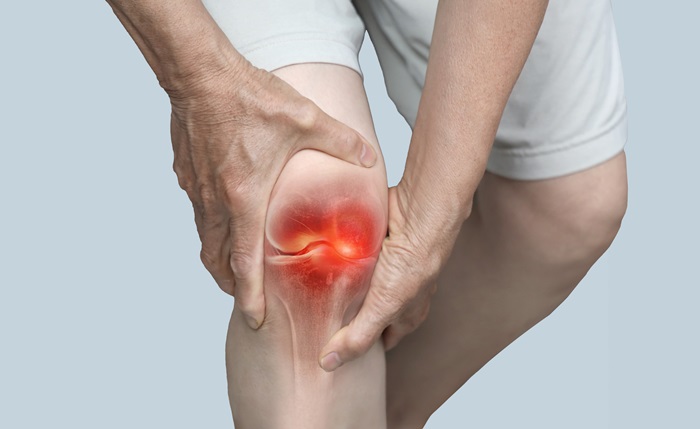What is Joint Pain?
Joint pain refers to discomfort, aches, and soreness in any of the body’s joints. It can range from mild to severe and may be acute or chronic, depending on the underlying cause.
Common Symptoms
- Swelling
- Stiffness
- Redness
- Reduced range of motion
- Constant or intermittent pain
Understanding these symptoms can help in early diagnosis and effective treatment.
Common Causes of Joint Pain
1. Arthritis
Arthritis is one of the most prevalent causes of joint pain. The two main types include:
- Osteoarthritis: Caused by wear and tear of cartilage.
- Rheumatoid arthritis: An autoimmune condition that attacks the joints.
2. Injury
Sports injuries, falls, or accidents can lead to ligament sprains, fractures, or dislocations, resulting in joint pain.
3. Bursitis
Inflammation of the bursae, small fluid-filled sacs that cushion joints, often leads to joint pain, especially in the hips, knees, and elbows.
4. Tendinitis
This condition results from the inflammation of tendons and is common in repetitive-motion jobs or activities.
5. Infectious Diseases
Conditions such as Lyme disease, hepatitis, and influenza can cause joint pain as a symptom.
Diagnosis and When to See a Doctor
If joint pain persists for more than a few days, worsens, or is accompanied by swelling or redness, consult a healthcare professional.
Diagnostic Tests May Include:
- X-rays
- MRI scans
- Blood tests
- Joint aspiration
Correct diagnosis is key to effective treatment.
Treatment Options for Joint Pain
1. Medications
- NSAIDs: Nonsteroidal anti-inflammatory drugs like ibuprofen.
- Corticosteroids: Reduce inflammation quickly.
- Analgesics: For pain relief without reducing inflammation.
2. Physical Therapy
Physical therapists can guide you through exercises that improve strength, flexibility, and joint function.
3. Home Remedies
- Cold packs for acute pain
- Hot compresses for stiffness
- Massage therapy
4. Lifestyle Modifications
- Weight management
- Low-impact exercises like swimming or cycling
- Ergonomic workspaces
5. Surgical Options
In severe cases, joint replacement or arthroscopy may be necessary. Always consult with a specialist before considering surgery.
Natural Remedies for Joint Pain
Natural treatments can complement medical therapies:
- Turmeric: Contains curcumin, which has anti-inflammatory properties.
- Omega-3 fatty acids: Found in fish oil, can reduce inflammation.
- Glucosamine and chondroitin: Popular supplements for joint health.
Always consult your doctor before starting any supplement regimen.
Preventing Joint Pain
Tips for Prevention:
- Maintain a healthy weight
- Stay active with joint-friendly exercises
- Eat a balanced, anti-inflammatory diet
- Avoid repetitive strain on joints
- Use proper techniques when lifting
Ergonomics at Work
Simple adjustments to your workstation can greatly reduce joint strain and prevent pain.
Living with Chronic Joint Pain
Living with chronic pain can be challenging, but support is available:
- Join support groups
- Practice mindfulness and relaxation techniques
- Regular medical check-ups
Mental health is just as important as physical health in managing chronic conditions.
When Joint Pain is an Emergency
Seek immediate medical attention if you experience:
- Sudden swelling and redness
- Fever
- Inability to move the joint
- Intense pain following an injury
These may be signs of infection or serious injury.
Final Thoughts
Joint pain can significantly impact your quality of life, but with early diagnosis, effective treatment, and lifestyle changes, it can be managed. By understanding the causes and exploring various treatment options, you can take proactive steps toward joint health.

